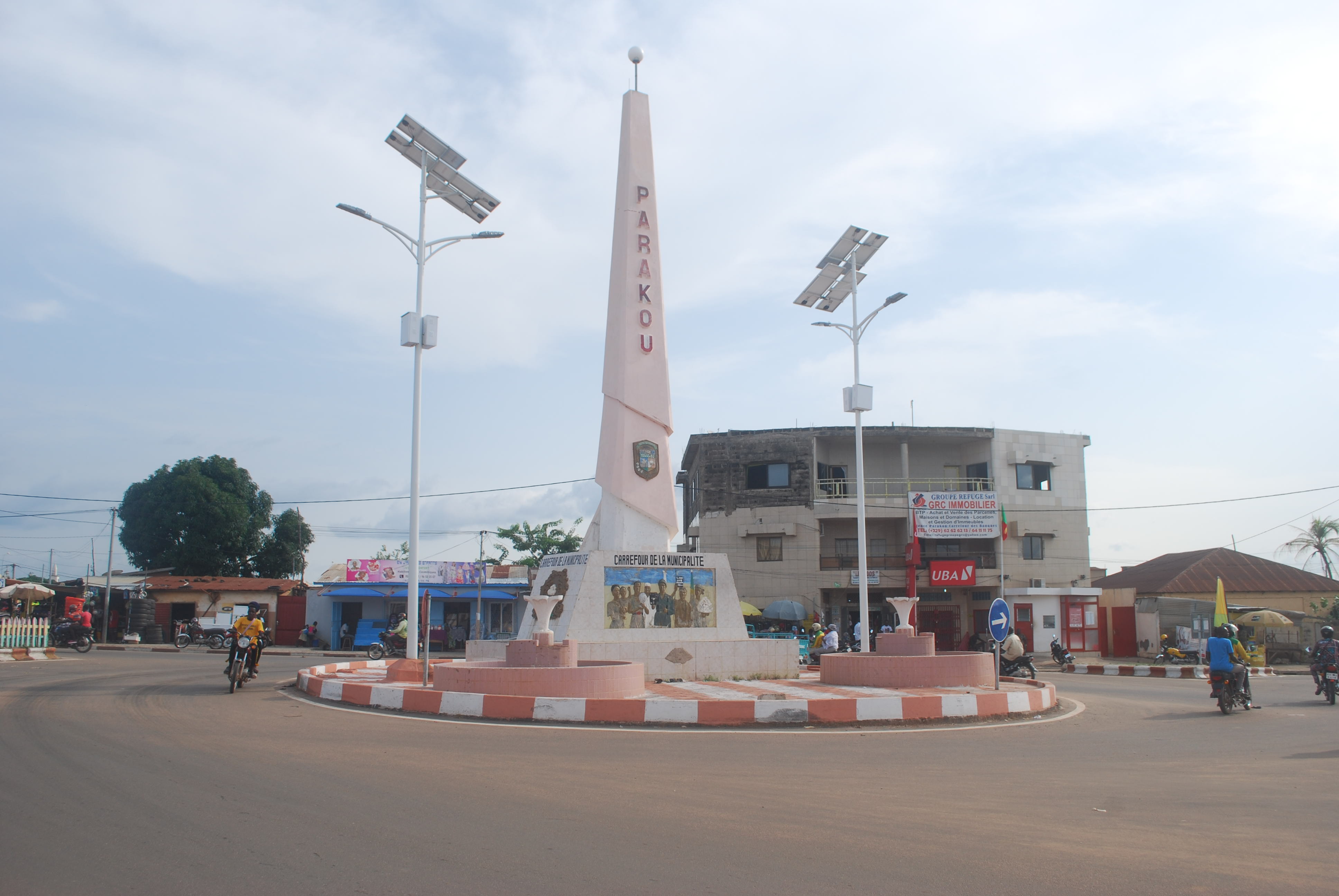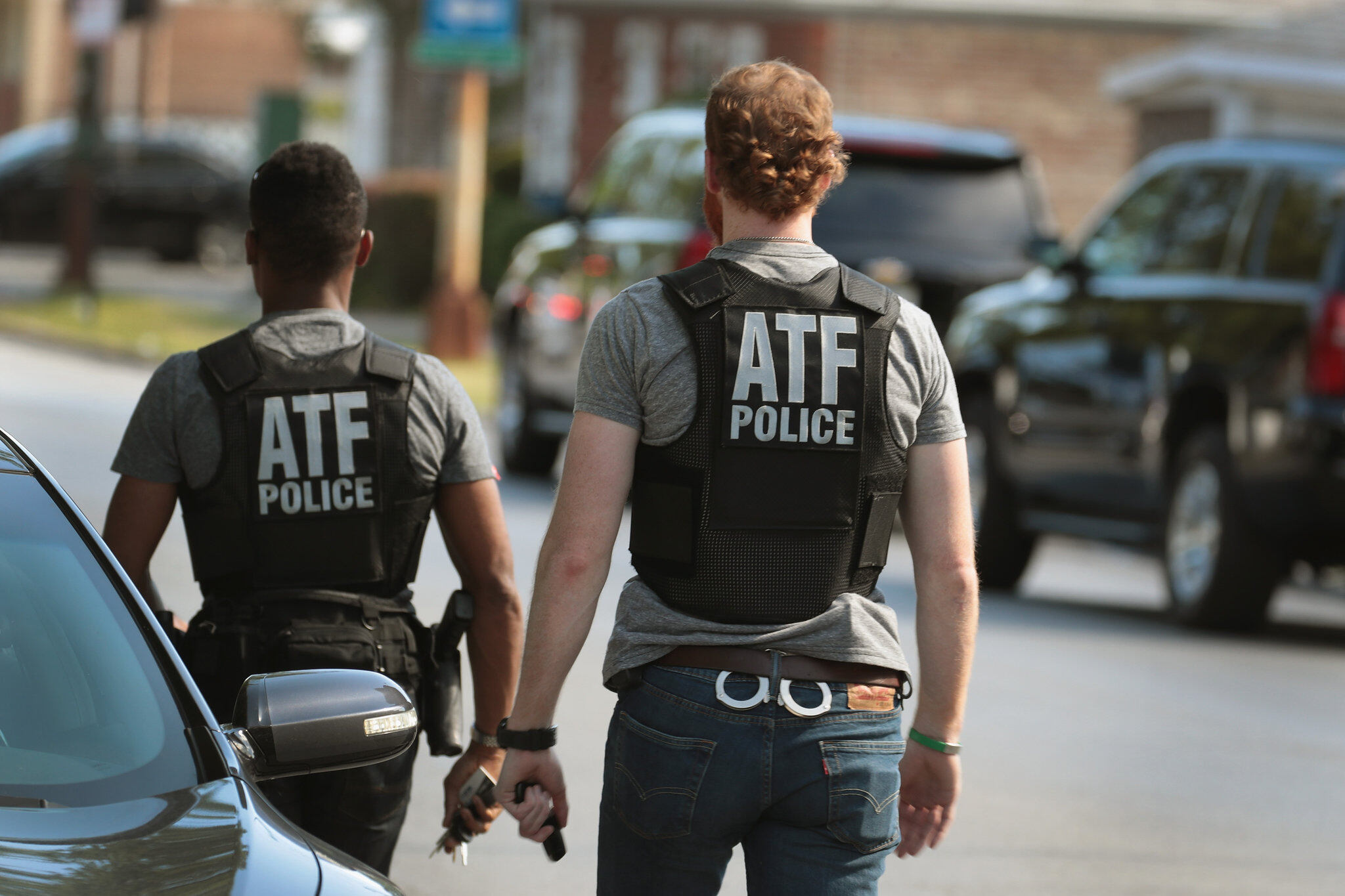
Parakou, the largest city in central Benin, is a vibrant and culturally rich destination that captivates visitors with its unique blend of traditional African charm and modern urban development. With a population of over 200,000 people, Parakou serves as a major economic and transportation hub in the region.
This article aims to uncover 35 fascinating facts about Parakou, shedding light on its history, culture, landmarks, and attractions. Whether you’re planning a trip to Parakou or simply curious about this captivating city, these facts will provide you with a deeper understanding of what makes Parakou an incredible destination.
Key Takeaways:
- Parakou, a vibrant city in Benin, is known for its rich cultural diversity, bustling markets, and traditional festivals, making it an emerging tourism destination with a strong sense of community spirit.
- With a population of over 250,000 people, Parakou serves as a major economic and transportation hub, offering a unique blend of traditional architecture, delicious local cuisine, and warm hospitality, making it a must-visit city in West Africa.
A Vibrant City in Benin
Parakou is a vibrant city located in the Borgou Department in central Benin. It serves as a major economic and transportation hub for the region.
Population
With a population of over 250,000 people, Parakou is the second-largest city in Benin. It is home to various ethnic groups, including the Bariba, Fulani, and Dendi.
Commercial Center
Parakou is known for its bustling markets and thriving commercial activities. The Dantokpa Market is one of the largest and busiest markets in West Africa.
Educational Institutions
The city is home to several educational institutions, including the University of Parakou, which attracts students from all over the country.
Cultural Diversity
Parakou is a melting pot of cultures, with various ethnic groups coexisting and contributing to its vibrant cultural scene.
Traditional Festivals
The city celebrates numerous traditional festivals throughout the year, showcasing the rich cultural heritage of the region.
Agricultural Center
Parakou is surrounded by fertile land, making it an important agricultural center. The region produces crops such as corn, sorghum, yams, and cotton.
Gateway to the North
Parakou serves as a gateway to the northern part of Benin and neighboring countries like Niger and Nigeria, facilitating cross-border trade and travel.
Railway Station
The city is a major railway junction, connecting various regions within Benin and neighboring countries.
Traditional Architecture
Parakou is known for its unique traditional mud-brick architecture, characterized by intricate designs and craftsmanship.
Sports Enthusiasm
The residents of Parakou are passionate about sports, with football being the most popular sport in the city.
Museums and Art Galleries
Parakou houses several museums and art galleries that showcase the history, art, and culture of the region.
Music and Dance
Music and dance play a significant role in the cultural expression of the people of Parakou. Traditional rhythms and dances are celebrated during festivals and events.
Religious Diversity
Parakou embraces religious diversity, with Islam and Christianity being the predominant religions practiced in the city.
Climate
Parakou experiences a tropical savanna climate, characterized by distinct wet and dry seasons. The average annual temperature is around 27°C (81°F).
Traditional Medicine
The city is known for its traditional medicine practices, with healers using herbs and natural remedies to treat various ailments.
City of Motorcycles
Motorcycles, locally known as “zemidjans,” are a popular mode of transportation in Parakou, offering convenient and affordable transportation options.
Local Cuisine
Parakou is famous for its delicious local cuisine, which includes dishes like tchoukoutou (local beer), fufu (pounded yam), and grilled fish.
Cultural Performances
The city hosts vibrant cultural performances, including traditional dances, drumming, and storytelling, providing visitors with an immersive cultural experience.
Historical Landmarks
Parakou is home to several historical landmarks, such as the King Toffa Palace, which offers a glimpse into the region’s rich history and monarchy.
Craftsmanship
The people of Parakou are skilled artisans, known for their craftsmanship in pottery, weaving, woodcarving, and other traditional arts and crafts.
Natural Beauty
The city is surrounded by breathtaking natural beauty, including lush landscapes, scenic lakes, and the Pendjari National Park, offering opportunities for wildlife viewing and eco-tourism.
Festivals
Parakou hosts various annual festivals, such as the Zangbeto Festival, where masked performers dance through the streets to ward off evil spirits.
Health Services
Parakou is equipped with modern healthcare facilities, providing quality medical services to residents and visitors alike.
Economic Growth
The city has experienced significant economic growth in recent years, attracting investments in various sectors such as agriculture, manufacturing, and services.
Hospitality
The people of Parakou are known for their warm hospitality and friendly nature, making visitors feel welcome and at home.
Nightlife
Parakou offers a vibrant nightlife scene, with bars, clubs, and live music venues where locals and tourists can enjoy entertainment and socialize.
Transportation Network
The city has a well-developed transportation network, including roads and highways, making it easily accessible from other parts of Benin and beyond.
Historical Trade Routes
Parakou has a rich history rooted in trade, with the city serving as a key junction along historical trade routes that linked the Sahel and West Africa.
Traditional Clothing
The residents of Parakou embrace traditional clothing, such as colorful wraps and garments adorned with intricate patterns and designs.
Emerging Tourism Destination
With its unique cultural heritage, natural attractions, and vibrant atmosphere, Parakou is emerging as a popular destination for tourists seeking an authentic African experience.
Language
The main language spoken in Parakou is French, which serves as the official language of Benin. However, local languages such as Bariba and Dendi are also widely spoken.
Artistic Expression
Parakou is a hub for artistic expression, with local artists showcasing their talent through various mediums such as paintings, sculptures, and traditional craftwork.
Community Spirit
The people of Parakou have a strong sense of community spirit, exemplified through collective initiatives, support networks, and communal celebrations.
Future Development
Parakou has ambitious plans for future development, focusing on infrastructure improvements, sustainable tourism, and enhancing the overall quality of life for its residents.
Conclusion
In conclusion, Parakou is a fascinating city full of rich history, vibrant culture, and unique attractions. From its bustling markets and traditional festivals to its impressive architecture and natural wonders, there is something for everyone to enjoy in Parakou. Whether you are a history buff, a nature enthusiast, or simply someone looking for an unforgettable adventure, Parakou has it all. Explore the bustling streets, savor the local cuisine, immerse yourself in the local customs, and create memories that will last a lifetime. Parakou truly offers a blend of tradition and modernity, making it a must-visit destination for any traveler.
FAQs
1. What is the best time to visit Parakou?
The best time to visit Parakou is during the dry season, which runs from November to March. The weather is pleasant, with mild temperatures and less rainfall, making it ideal for exploring the city and its surroundings.
2. How do I get to Parakou?
Parakou is well-connected by road and rail. If you are traveling domestically, you can take a bus or a train from major cities in Benin. If you are coming from abroad, you can fly into Cadjehoun Airport in Cotonou and then take a domestic flight, bus, or train to Parakou.
3. What are the must-visit attractions in Parakou?
Some of the must-visit attractions in Parakou include the Grand Mosque, the Royal Palace of Parakou, the Tata Somba traditional houses, and the Pendjari National Park. Each of these offers a unique glimpse into the history, culture, and natural beauty of the region.
4. Is Parakou safe for travelers?
Parakou is generally considered safe for travelers. However, it is always recommended to take common-sense precautions such as avoiding isolated areas at night and keeping an eye on your belongings. It is also advisable to check travel advisories before your trip.
5. What is the local cuisine in Parakou?
The local cuisine in Parakou is diverse and flavorful. Some popular dishes include tchigan, a corn-based porridge, yovo doko, a dish made with chicken and palm nut sauce, and gnonmansi, a delicacy made from grilled fish or meat.
6. Are there accommodations in Parakou?
Yes, Parakou offers a range of accommodations to suit every budget. From luxury hotels and guesthouses to budget-friendly options, you will find a variety of options to choose from in Parakou.
7. Can I experience traditional festivals in Parakou?
Absolutely! Parakou is known for its vibrant traditional festivals. The most famous one is the Fête de la Ville, which takes place in January and celebrates the cultural heritage of the city. It is a great opportunity to witness traditional dances, music, and costumes.
8. Are there any day trips from Parakou?
Yes, there are several day trip options from Parakou. One popular choice is to visit the Pendjari National Park, known for its diverse wildlife and stunning landscapes. Another option is to explore the nearby Somba villages and learn about their unique way of life.
9. Is English spoken in Parakou?
French is the official language of Benin, including Parakou. However, you may find that some locals speak basic English, especially in tourist areas. It is always helpful to learn a few basic French phrases to facilitate communication.
10. What souvenirs can I buy in Parakou?
You can find a variety of unique souvenirs in Parakou, including traditional crafts, textiles, and wood carvings. You can also purchase local food products such as shea butter, spices, and dried fruits and nuts.
Parakou's vibrant culture, history, and landmarks make it a fascinating destination in Benin. Explore more captivating facts about Benin, from its diverse wildlife to ancient kingdoms. Discover how Parakou connects to other cities in West Africa, like Nigeria's bustling metropolises. Learn about Benin's role in global cotton production, an industry that has shaped its economy and agriculture for centuries.
Was this page helpful?
Our commitment to delivering trustworthy and engaging content is at the heart of what we do. Each fact on our site is contributed by real users like you, bringing a wealth of diverse insights and information. To ensure the highest standards of accuracy and reliability, our dedicated editors meticulously review each submission. This process guarantees that the facts we share are not only fascinating but also credible. Trust in our commitment to quality and authenticity as you explore and learn with us.


